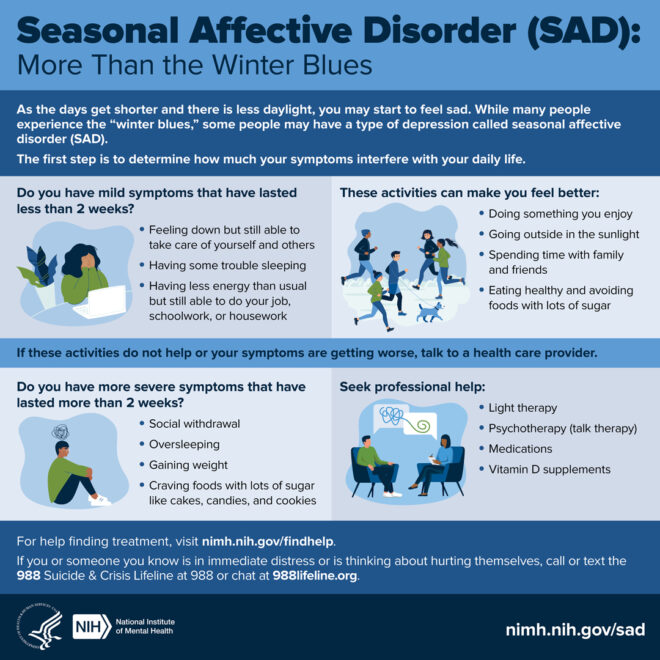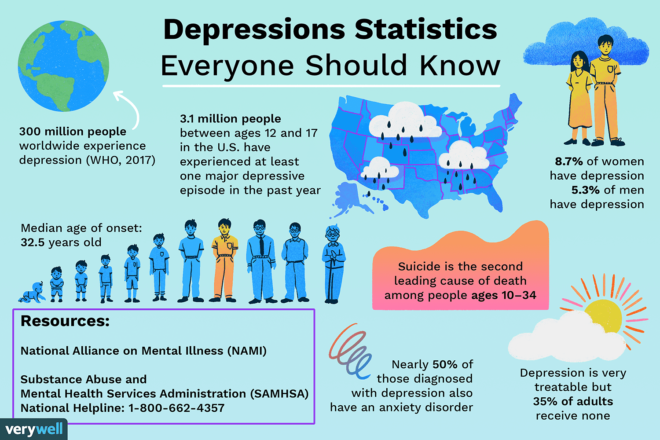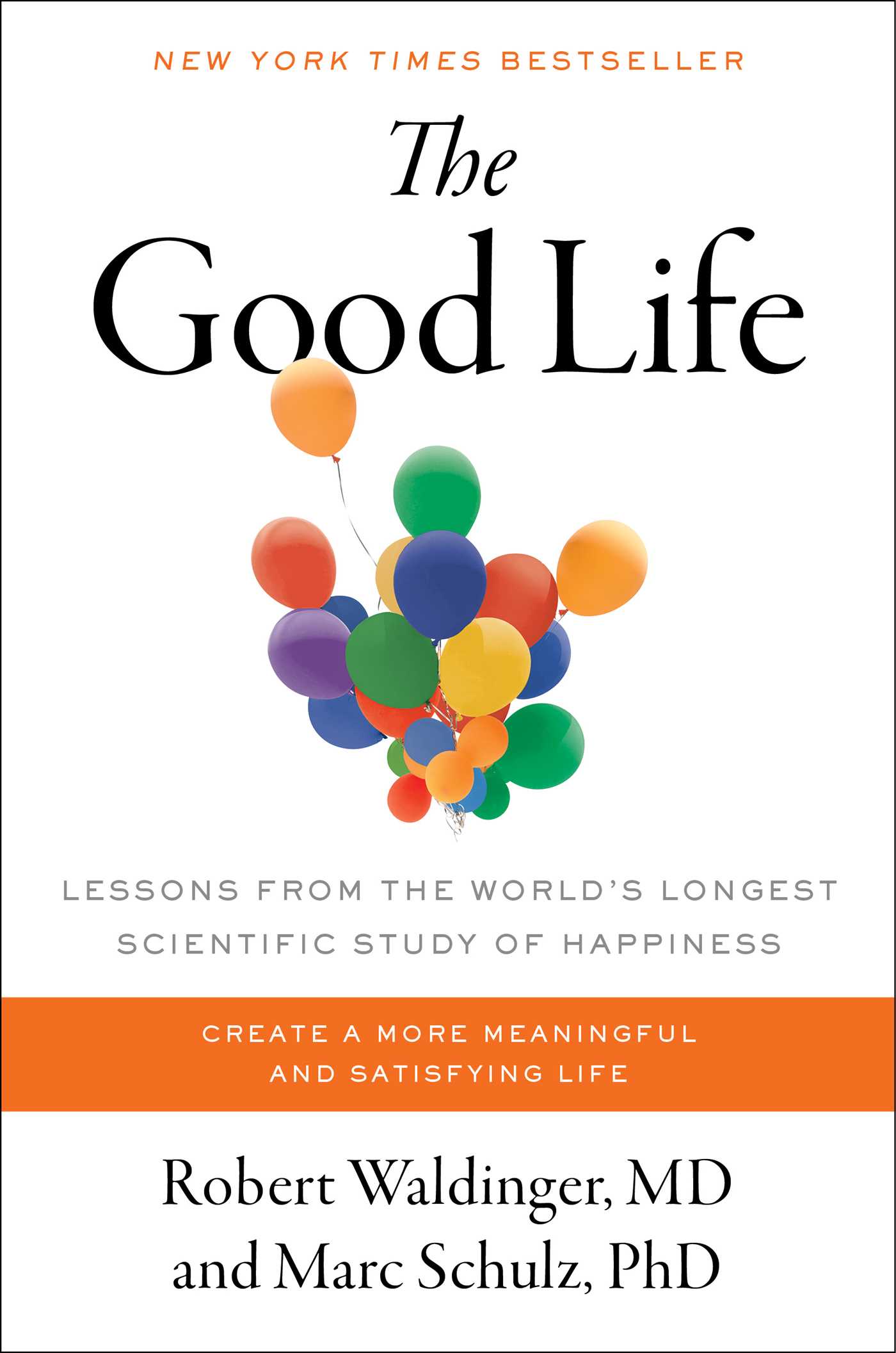Depression is a Mental Illness: Understanding the Impact
Depression is a mental illness characterized by persistent feelings of sadness, hopelessness, and disinterest. It affects millions worldwide, impacting daily functioning and overall well-being.
Individuals with depression may experience a range of symptoms, including fatigue, changes in appetite, and difficulty concentrating. Understanding depression as a mental health condition is crucial in addressing its impact on individuals and society as a whole. Through awareness, education, and access to appropriate treatment options, we can work towards destigmatizing depression and supporting those affected in their journey towards mental wellness.
This article explores the nuances of depression as a mental illness and the importance of recognizing and addressing its symptoms promptly.
Defining Depression
Depression is a mental illness that affects millions of people worldwide. It is characterized by persistent feelings of sadness, hopelessness, and disinterest in activities once enjoyed. Common symptoms of depression include changes in appetite, sleep disturbances, and feelings of worthlessness. There are different types of depression, such as major depressive disorder, persistent depressive disorder, and seasonal affective disorder. Each type presents unique challenges and may require different treatment approaches. It’s important to seek help from a mental health professional if you or someone you know is experiencing symptoms of depression. Understanding the nature of depression is critical for effective intervention and support.

Credit: www.simplypsychology.org
Causes Of Depression
Depression, a mental illness, can stem from various factors such as genetics, traumatic events, and chemical imbalances. Understanding the causes of depression is crucial in providing effective support and treatment for those affected. Identifying triggers and seeking professional help can aid in managing symptoms and improving overall well-being.
| Biological factors | Chemical imbalances in the brain can lead to depression. |
| Psychological factors | Low self-esteem and unresolved emotional issues may contribute to depression. |
| Social and environmental factors | Stressful life events and lack of social support can trigger depressive episodes. |
Effects Of Depression
Depression is a mental illness that can have profound effects on individuals. It not only impacts mental health but also takes a toll on physical health and social interactions.
On mental health, depression can lead to feelings of sadness, hopelessness, and despair. It can interfere with daily functioning, making it difficult to concentrate or find enjoyment in activities. Depression can also contribute to anxiety and other mental health disorders.
Physically, depression can manifest as fatigue, changes in appetite and sleep patterns, and chronic pain. It weakens the immune system, making individuals more vulnerable to illnesses.
Socially, depression can cause isolation and withdrawal. Individuals may have difficulty maintaining relationships and participating in social activities. The stigma surrounding mental health can further exacerbate these challenges, making it harder for individuals to seek support.
Overall, depression is a complex mental illness with wide-ranging effects on an individual’s well-being. It is crucial to recognize the signs and symptoms and seek appropriate help and support.
Treatment Options
Treatment Options:
Medication: Medication, such as antidepressants, can help manage depression. It’s important to consult a healthcare professional to discuss the appropriate medication and dosage.
Therapy: Psychotherapy, such as cognitive-behavioral therapy (CBT) or talk therapy, can provide individuals with a safe environment to express their feelings and develop coping strategies.
Lifestyle changes: Simple lifestyle changes, such as engaging in regular exercise, practicing stress management techniques like meditation or yoga, getting enough sleep, and maintaining a balanced diet, can significantly improve depression symptoms.
Supporting A Loved One With Depression
It is important to provide empathy and understanding to loved ones with depression. Encourage seeking professional help and understand the importance of treatment. Learning about depression can help in offering support and guidance through the journey.

Credit: issuu.com
The Stigma Surrounding Depression
Depression is a mental illness that affects millions of people worldwide, yet it is still surrounded by a significant amount of stigma. This stigma creates barriers to open discussion and understanding about the condition, making it difficult for those affected to seek help and support.
One common myth about depression is that it is a personal weakness or a choice. In reality, depression is a complex condition with biological, psychological, and social factors contributing to its development. Another misconception is that people with depression can simply “snap out of it” or “cheer up.” This oversimplification fails to recognize the intricate nature of depression and the need for professional treatment.
The impact of stigma on individuals with depression is profound. Many individuals may feel ashamed or humiliated, leading to self-isolation and a reluctance to seek help. This can worsen the symptoms and extend the duration of the illness. It is crucial to challenge these misconceptions and promote a more compassionate and understanding approach to mental health.
Preventive Measures
Preventive Measures:
Depression, a mental illness, can have severe consequences if left untreated. However, there are preventive measures that can promote mental wellness and help individuals recognize early signs of depression. Maintaining a healthy lifestyle, which includes regular exercise and a balanced diet, plays a vital role in preventing depression. Adopting stress management techniques such as meditation and deep breathing exercises can also contribute to a positive mental state. Creating a support system of friends and family who can provide emotional support can be beneficial as well. It is important to seek professional help if any signs of depression are observed, as early intervention can significantly decrease the impact of this mental illness. With these preventive measures, individuals can proactively take control of their mental well-being.

Credit: www.ncbi.nlm.nih.gov
Seeking Professional Help
Depression is a serious mental illness that requires professional help. Seeking assistance from a licensed therapist or psychiatrist can provide the necessary support and treatment to manage the symptoms and work towards recovery. It’s important to reach out for help and not try to cope with depression alone.
| Seeking Professional Help |
| Finding the right healthcare professional |
| It’s important to find a therapist you trust and feel comfortable with. |
| Consider their experience and expertise in treating depression. |
| Understanding the process of seeking help. |
| Don’t hesitate to seek support from friends or family during this time. |
| Be open and honest about what you’re going through. |
Frequently Asked Questions Of Depression Is A Mental Illness
What Are The 7 Types Of Mental Disorders?
The 7 types of mental disorders are: anxiety disorders, mood disorders, schizophrenia spectrum and other psychotic disorders, eating disorders, personality disorders, trauma and stressor-related disorders, and substance-related and addictive disorders.
Why Is Depression Not Considered A Disease?
Depression is a mental health condition, not a disease. It is considered a disorder because it affects mood and behavior. While it may have biological components, it is not classified as a disease due to the complex nature of mental health conditions.
What Are 4 Major Causes Of Depression?
There are four major causes of depression: genetic factors, brain chemistry imbalances, stressful life events, and certain medical conditions.
Is Depression An Emotion Or Condition?
Depression is a mental health condition, not just an emotion. It goes beyond feeling sad and can significantly impact a person’s daily life.
Conclusion
Depression, a complex and debilitating mental illness, affects millions of people worldwide. Recognizing its impact on individuals’ lives is crucial for providing support and understanding. By shedding light on its symptoms and providing resources for seeking help, we can work together to break the stigma surrounding depression.
Remember, seeking professional assistance is essential, as depression is a serious condition that requires treatment. Let’s prioritize mental health and create a supportive environment for those battling depression.




